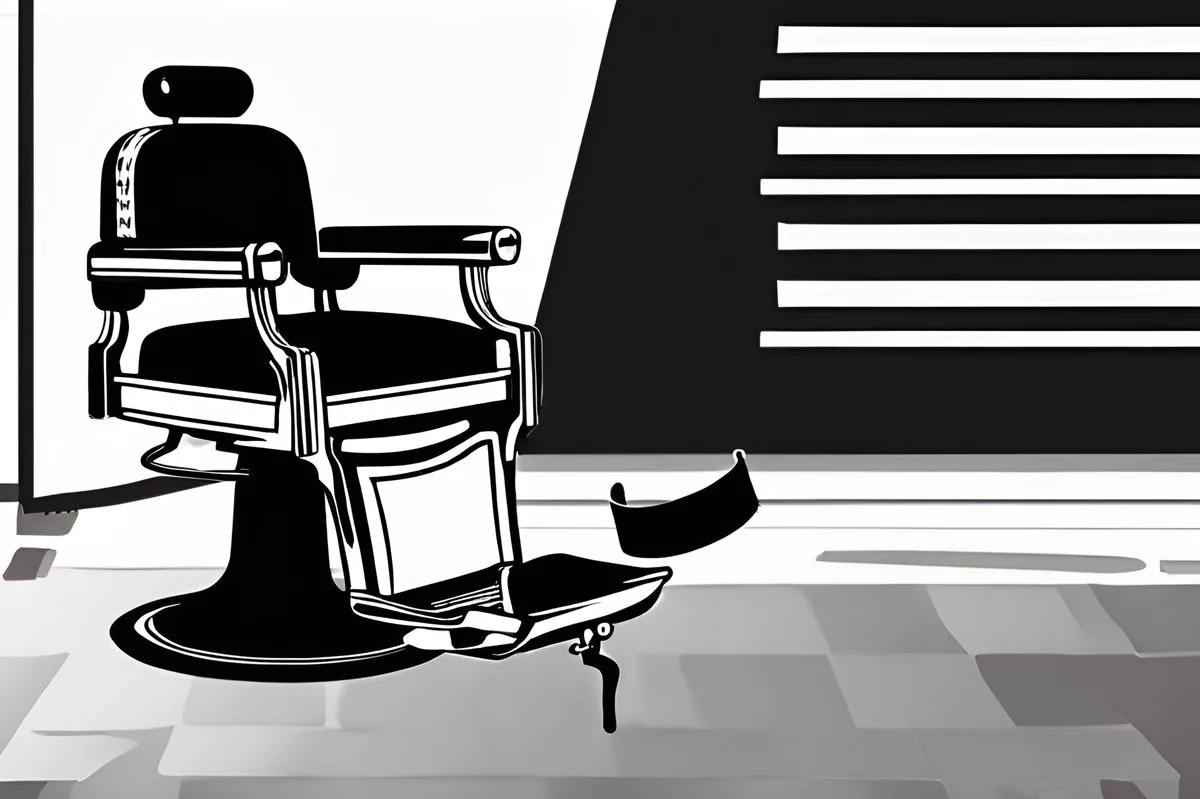Swearing-in ceremonies are important in South Africa’s Parliament as they signify the commitment of Members of the National Assembly to uphold the Constitution and represent the interests of the people. The recent swearing-in of 58 MK Party Members was a significant event that took place in the Goodhope Chamber, overseen by the Chief Justice or a judge appointed by him. The ceremony showcased the inclusive and progressive nature of South Africa’s Parliament, which also includes an annual review of the Constitution by a joint committee of Parliament.
What is the significance of swearing-in ceremonies in South Africa’s Parliament?
Swearing-in ceremonies hold great significance in South Africa’s Parliament as Members of the National Assembly pledge their allegiance to the Republic and obedience to the Constitution before commencing their legislative tasks. This act signifies their commitment to representing the interests of the people and upholding the democratic values that define the nation. In addition to its constitutional mandate, the ceremony also represents the public’s trust in their elected representatives and sets the tone for their term in office.
Within the complex dynamics of global democracies, parliamentary proceedings play an essential role. South Africa isn’t an outlier in this context. The South African Parliament witnessed a wave of anticipation on an ordinary Saturday, 22 June 2024, as a significant event loomed on the horizon for the MK Party. They were on the verge of seeing the swearing-in of 58 of their Members who had missed the first session on 14 June.
The Constitutional Mandate and Swearing-in Ceremony
In accordance with the Constitution of South Africa, the highest law in the country, Members of the National Assembly are required to pledge their allegiance to the Republic and obedience to the Constitution before they commence their legislative tasks. This oath-taking is more than a mere tradition; it is a solemn promise that sets the tone for their term in office. It signifies their commitment to representing the interests of the people and upholding the democratic values that define the nation.
The act of swearing-in is emblematic of the public placing their trust in their elected individuals. The backdrop for this profound event was the Goodhope Chamber in Parliament, a location steeped in historical meaning and relevance. The ceremony was scheduled for 12:00 on Tuesday, 25 June 2024.
In a noteworthy deviation from the norm, the Chief Justice or a judge appointed by him was to oversee the initial swearing-in of these MK Party nominees. This deviation was necessitated by the absence of these Members at the National Assembly’s first sitting.
Swearing-in Provisions and the Role of Political Parties
Members nominated after the initial sitting would take their oaths in the presence of the Speaker, as prescribed by the stipulations of the Act. The Act allows political parties to add to or fill any vacancies on their candidate lists before the first post-election swearing-in. This provision ensures full occupancy of all designated seats and complete representation of political parties.
The MK Party informed Parliament about the addition of 21 Members to their candidate list. This move further amplified the MK Party’s presence in the Assembly, which signified their readiness for active parliamentary debates.
The logistics for the ceremony were meticulously planned. Travel and accommodation arrangements for the swearing-in ceremony highlighted the significance of this event. Indeed, the ceremony was more than a mere formality; it signified the commencement of a new chapter in the MK Party’s journey in Parliament.
Open Door Policy and Constitutional Evolution
In keeping with the Parliament’s open-door policy, the public was invited to attend. The parliament requested RSVPs via email or phone, demonstrating its commitment to transparency and inclusion.
A fascinating aspect of South African parliamentary procedure is the annual review of the Constitution by a joint committee of Parliament, which also accepts submissions on constitutional matters. This process emphasizes the Constitution’s dynamic nature and its ability to adapt to societal shifts.
As the swearing-in ceremony was underway, the routine functions of Parliament went on. Tours were organized, debates were conducted, and the institution’s communication channels stayed open, reflecting the democratic pulse of this body.
In essence, the swearing-in ceremony of the MK Party Members painted a lively image of South Africa’s robust democracy. The event highlighted the duties and responsibilities of elected representatives, offering a unique insight into the workings of the South African Parliament. The logistical planning, the public participation invitation, and the ongoing parliamentary operations all contributed to the narrative of an inclusive and progressive democratic institution.
What is the role of political parties in the swearing-in process?
Political parties play a critical role in ensuring that all designated seats are occupied by their nominees. They have the provision to add to or fill any vacancies on their candidate lists before the first post-election swearing-in. This ensures that political parties are fully represented in the National Assembly.
What is the significance of the Goodhope Chamber in Parliament?
The Goodhope Chamber is a location steeped in historical meaning and relevance. It serves as the backdrop for significant events, such as the swearing-in ceremony of Members of the National Assembly. The Chamber is a symbol of South Africa’s democratic journey and its commitment to upholding the Constitution.
How does the swearing-in ceremony signify the public’s trust in their elected representatives?
The swearing-in ceremony is a solemn promise made by Members of the National Assembly to uphold the Constitution and represent the interests of the people. This act signifies the public’s trust in their elected representatives and sets the tone for their term in office.
What is the annual review of the Constitution by a joint committee of Parliament?
The annual review of the Constitution by a joint committee of Parliament is a process that allows for the Constitution’s dynamic nature to adapt to societal shifts. The committee also accepts submissions on constitutional matters, emphasizing the Parliament’s commitment to transparency and inclusion.
Why was the Chief Justice or a judge appointed by him overseeing the initial swearing-in of the MK Party nominees?
The Chief Justice or a judge appointed by him oversaw the initial swearing-in of the MK Party nominees because they were absent at the National Assembly’s first sitting. This deviation from the norm was necessitated by their absence.
How does the swearing-in ceremony set the tone for Members of the National Assembly’s term in office?
The swearing-in ceremony is a solemn promise made by Members of the National Assembly to uphold the Constitution and represent the interests of the people. This act sets the tone for their term in office and signifies their commitment to democratic values and serving the public.












